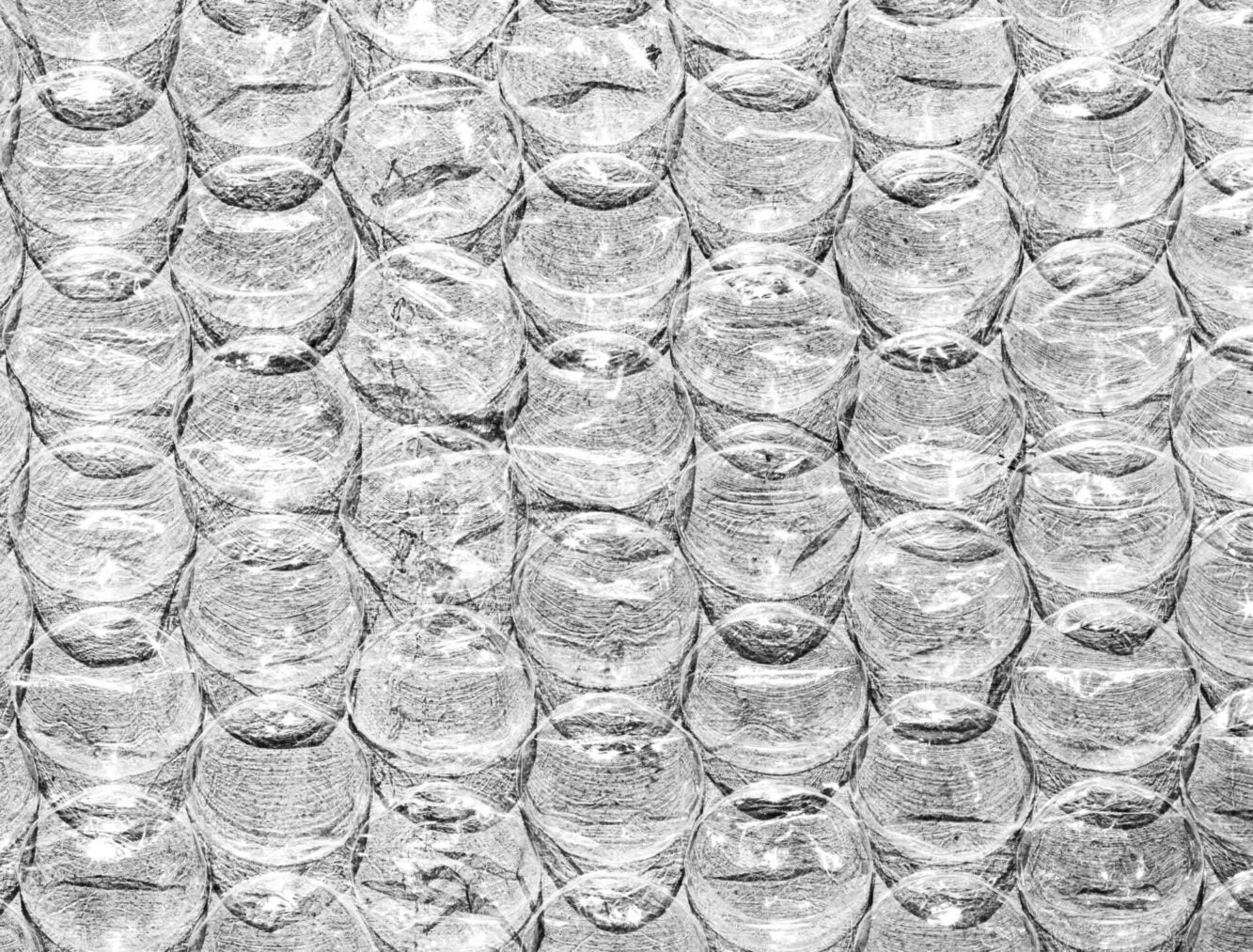
A progress report on big food and drink companies’ attempts to make their plastic packaging more sustainable by 2025 suggests many of them are likely to miss their targets.
The report, from The Ellen MacArthur Foundation (EMF) and the United Nations Environment Programme, also revealed that some companies – including PepsiCo, Mars and The Coca-Cola Co. – are using more virgin plastic despite a pledge to reduce its use.

Discover B2B Marketing That Performs
Combine business intelligence and editorial excellence to reach engaged professionals across 36 leading media platforms.
Following the report’s release, environmental campaign group Greenpeace said the findings show “voluntary commitments from companies to address plastic pollution have failed”.
In 2018, under the auspices of the EMF, many of the world’s largest FMCG companies signed up to a plan that carried a headline pledge that 100% of plastic packaging would be reusable, recyclable or compostable by 2025.
Today’s progress report revealed PepsiCo increased its use of virgin plastic by 5% between 2020 and 2021. Meanwhile, Coca-Cola upped its use by 3% and food giant Mars by 11%.
Amongst the other top ten largest FMCG firms by revenue that are signatories to this commitment, Nestlé and Unilever decreased their usage of virgin plastic over the same period, by 8% and 18% respectively. They both increased their use of post-consumer recycled plastic (PCR) year-on-year, by 4.4% and 17% respectively.

US Tariffs are shifting - will you react or anticipate?
Don’t let policy changes catch you off guard. Stay proactive with real-time data and expert analysis.
By GlobalDataPepsiCo and Coca-Cola also increased PCR usage, by 3.3% and 4.6% respectively.
The report’s authors said: “While strong progress is being made in some areas, key 2025 targets are expected to be missed.
“The target of 100% reusable, recyclable or compostable plastic packaging will almost certainly be missed by most organisations with flexible packaging and lack of infrastructure being the main barriers.
“Around 16% of signatories’ packaging is flexible packaging, such as sachets and films, a packaging category that is increasingly unlikely to meet recyclability in practice and at scale by 2025.”
Graham Forbes, Greenpeace USA global plastics project leader said: “Instead of tackling the plastic pollution crisis, big brands like Coca-Cola, PepsiCo, and Mars actually increased the amount of plastic they create since the EMF Global Commitment was launched in 2018.
“The EMF report pours cold water on the celebrated commitments made by big corporations who signed on to this high-profile project to eliminate plastic pollution. This underlines the need for governments to ensure that the global plastic treaty, which starts negotiations shortly, delivers major reductions in plastic production and use and accelerates a just transition to the reuse economy we need. Anything less than this is a disservice to our communities and our climate.”
The first global plastics treaty is to be discussed in Uruguay this month with some UN members pushing for a pact that includes legally binding targets to increase recycled content in packaging.
In response to the progress report, a Unilever spokesperson told Just Food: “We are making progress; we have rapidly increased our use of recycled plastic in our portfolio from 1% to over 17% in just three years, considerably reducing our total virgin plastic packaging footprint. We also have more innovations than ever using less or no plastic, including reuse /refill models.
“The challenges we face are industry-wide, primarily driven by a lack of collection and recycling infrastructure. While we’re working with partners to close this gap, we also need policymakers to level the playing field for industry and help facilitate the implementation of solutions at scale.”
A Nestlé spokesperson said: “As of the end of 2021, 80% of our plastic packaging had been designed for recycling, i.e. could be recycled in dedicated recycling facilities. We expect to reach more than 95% by 2025 and remain committed to achieving 100%.
“We also believe that it is important to support dedicated recycling infrastructure. The lack of infrastructure is currently the main barrier for a waste-free future. Nestlé is therefore actively advocating for a legally binding global plastics treaty and the prospect of new, harmonised national regulations to follow. These will help end plastic pollution.”
A Coca-Cola spokesperson, said: “We share the Ellen MacArthur Foundation’s aim to drive progress through transparency. We recognise the progress highlighted in the 2025 Global Commitment report but know we must accelerate action.
“We’re committed to do more, faster so we grow our business the right way. We are focused on continued action across our goals, including making 100% of our packaging recyclable globally by 2025 (currently 90%) and using at least 50% recycled materials in our packaging by 2030 (currently 23% across all materials and 13.6% for PET).”
Mars said; “Mars is making important progress by investing hundreds of millions of dollars to redesign more than 12,000 packaging components, and we have already completed over 1,000 of those. We’ve also launched a host of innovations, including recent announcements detailing our recycled content use in the US, UK and Ireland. These types of initiatives take time to pass all relevant trials and stage gates and ramp up to full scale market deployment, and we believe they will begin to deliver impact at scale in the coming years. We are committed to making that happen.”
PepsiCo did not immediately respond to Just Food’s requests for comment.
Just Food opinion pages: Brands’ efforts on plastic packaging prove a load of rubbish





